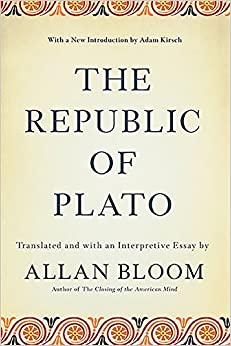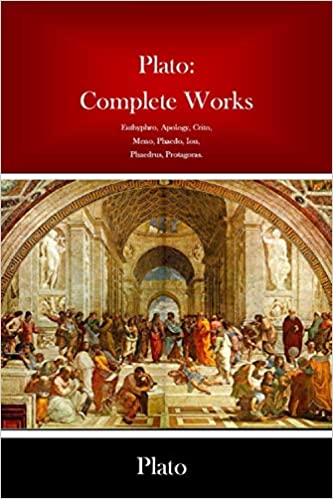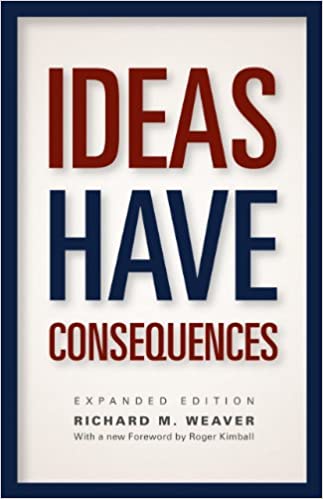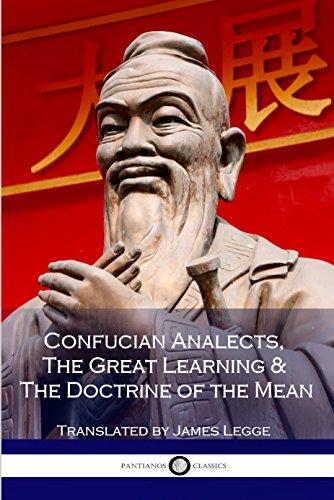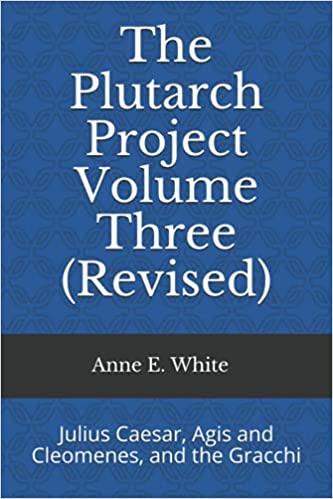The Republic of Plato
The definitive translation of Plato's Republic, the most influential text in the history of Western philosophy
Long regarded as the most accurate rendering of Plato's Republic that has yet been published, this widely acclaimed translation by Allan Bloom was the first to take a strictly literal approach. In addition to the annotated text, there is also a rich and valuable essay -- as well as indices -- which will enable readers to better understand the heart of Plato's intention.
More info →The Tempest (Folger Shakespeare Library)
William Shakespeare was born in April 1564 in the town of Stratford-upon-Avon, on England’s Avon River. When he was eighteen, he married Anne Hathaway. The couple had three children—an older daughter Susanna and twins, Judith and Hamnet. Hamnet, Shakespeare’s only son, died in childhood. The bulk of Shakespeare’s working life was spent in the theater world of London, where he established himself professionally by the early 1590s. He enjoyed success not only as a playwright and poet, but also as an actor and shareholder in an acting company. Although some think that sometime between 1610 and 1613 Shakespeare retired from the theater and returned home to Stratford, where he died in 1616, others believe that he may have continued to work in London until close to his death.
More info →Plato: Complete Works
Don’t wait any longer and buy now! This exclusive collection has been created especially for you.Plato:Complete WorksEuthyphro,Apology,Crito,Meno,Phaedo,Ion,Phaedrus,Protagoras.Plato in Classical Attic; 428/427 or 424/423 – 348/347 BC) was an Athenian philosopher during the Classical period in Ancient Greece, founder of the Platonist school of thought, and the Academy, the first institution of higher learning in the Western world.He is widely considered the pivotal figure in the history of Ancient Greek and Western philosophy, along with his teacher, Socrates, and his most famous student, Aristotle. Plato has also often been cited as one of the founders of Western religion and spirituality. The so-called Neoplatonism of philosophers like Plotinus and Porphyry influenced Saint Augustine and thus Christianity. Alfred North Whitehead once noted: "the safest general characterization of the European philosophical tradition is that it consists of a series of footnotes to Plato."Plato was the innovator of the written dialogue and dialectic forms in philosophy. Plato is also considered the founder of Western political philosophy. His most famous contribution is the theory of Forms known by pure reason, in which Plato presents a solution to the problem of universals known as Platonism (also ambiguously called either Platonic realism or Platonic idealism). He is also the namesake of Platonic love and the Platonic solids.
More info →Ideas Have Consequences
Originally published in 1948, at the height of post–World War II optimism and confidence in collective security, Ideas Have Consequences uses “words hard as cannonballs” to present an unsparing diagnosis of the ills of the modern age. Widely read and debated at the time of its first publication,the book is now seen asone of the foundational texts of the modern conservative movement.
In its pages, Richard M. Weaver argues that the decline of Western civilization resulted from the rising acceptance of relativism over absolute reality. In spite of increased knowledge, this retreat from the realist intellectual tradition has weakened the Western capacity to reason, with catastrophic consequences for social order and individual rights. But Weaver also offers a realistic remedy. These difficulties are the product not of necessity, but of intelligent choice. And, today, as decades ago, the remedy lies in the renewed acceptance of absolute reality and the recognition that ideas—like actions—have consequences.
This expanded edition of the classic work contains a foreword by New Criterion editor Roger Kimball that offers insight into the rich intellectual and historical contexts of Weaver and his work and an afterword by Ted J. Smith III that relates the remarkable story of the book’s writing and publication.
More info →Confucian Analects, The Great Learning & The Doctrine of the Mean
One of the classic four books of ancient Confucianism, The Great Learning consists of a short initial commentary attributed to Confucius himself, followed by a lengthier tract written by one of his disciples named Zengzi.
The text emphasises achieving balance in every day life and in thoughts. For the man who aspires to great wisdom, much time must be set aside for rest and contemplation. Life's priorities must be organised according to their importance, and harmony must be rigorously cultivated in everyday associations and relationships. In learning, one must not consider one kind superior to the exclusion of others, but must instead strive for balance.
More info →The Federalist & The Anti-Federalist Papers: Complete Collection
This collection contains the crucial decisions and arguments of the Founding Fathers which shaped the America we know today. Along with the Constitution, Bill of Rights and the various Amendments this book is sure to help you understand the basic tenets of the American democracy: Contents: Need for Stronger Union Federalist: I, II, III, IV, V, VI Anti-Federalist: John Dewitt I, John Dewitt II Bill of Rights Federalist: LXXXIV Anti-Federalist: John Dewitt II Nature and Powers of the Union Federalist: I, XIV, XV Anti-Federalist: Patrick Henry June 5, 1788 Responsibility and Checks in Self-government Federalist: X, LI Anti-Federalist: Centenel I Extent of Union, States' Rights, Bill of Rights, Taxation Federalist: X, XXXII, XXXIII, XXXV, XXXVI, XXXIX, XLV, LXXXIV Anti-Federalist: Brutus I Extended Republics, Taxation Federalist: VII, X, XIV, XXXV, XXXVI Anti-Federalist: Federal Farmer I, Federal Farmer II Broad Construction, Taxing Powers Federalist: XXIII, XXX, XXXI, XXXII, XXXIII, XXXIV Anti-Federalist: Brutus VI Defense, Standing Armies Federalist: XXIV, XXV, XXVI, XXVII, XXVIII, XXIX Anti-Federalist: Brutus X The Judiciary Federalist: LXXVIII, LXXIX, LXXX, LXXXI, LXXXII, LXXXIII Anti-Federalist: Brutus XI, Brutus XII, Brutus XV Government Resting on the People Federalist: XXIII, XLIX Anti-Federalist: John Dewitt III Executive Power Federalist: LXVII Anti-Federalist: Cato V Regulating Elections Federalist: LIX Anti-Federalist: Cato VII House of Representatives Federalist: XXVII, XXVIII, LII, LIII, LIV, LVII Anti-Federalist: Brutus IV The Senate Federalist: LXII, LXIII Anti-Federalist: Brutus XVI Articles of Confederation (1777) Declaration of Independence (1776) U.S. Constitution (1787) Bill of Rights (1791) Amendments (1792-1991)
More info →
